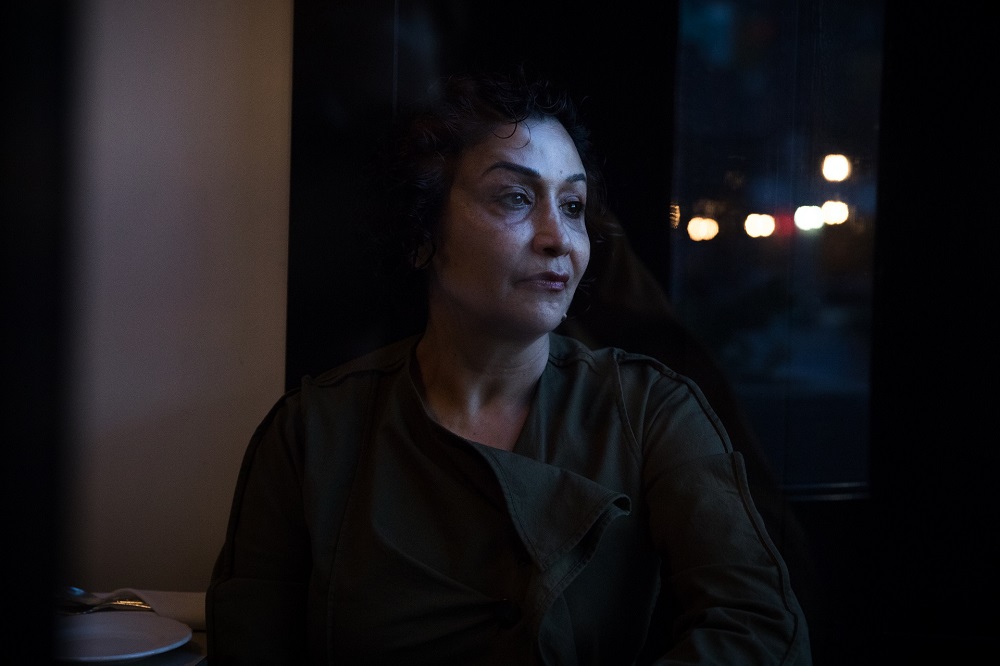Brooklyn’s Iranian diaspora feels the pain of war at home

As Nasim Alikhani got ready to board a plane to visit her family in Iran, she got a call from her husband telling her that it was announced Iran’s top military commander, Qassim Suleimani, was killed in a U.S. airstrike. He asked Alikhani if she would reconsider her trip but the 60-year-old owner of Sofreh, a Persian restaurant in Prospect Heights, refused to turn back.
“In my lifetime, I have been through a revolution, a change of a government … I’ve been through eight years of war,” Alikhani said. “But when I arrived, I didn’t expect the trip to become another whirlwind of continuous emotional shock.”
The U.S. assassination of Suleimani in Baghdad, Iraq on Jan. 3 sparked fear of World War III throughout social media and among political commentators. The issue of war with the United States is in the back of nearly every Iranian’s mind, Alikhani said. But for much of the Iranian diaspora in Brooklyn, the escalated tensions have many effects that do not necessarily involve war, but still rattle their collective psyche.

Brooklyn Boro
View MoreNew York City’s most populous borough, Brooklyn, is home to nearly 2.6 million residents. If Brooklyn were an independent city it would be the fourth largest city in the United States. While Brooklyn has become the epitome of ‘cool and hip’ in recent years, for those that were born here, raised families here and improved communities over the years, Brooklyn has never been ‘uncool’.